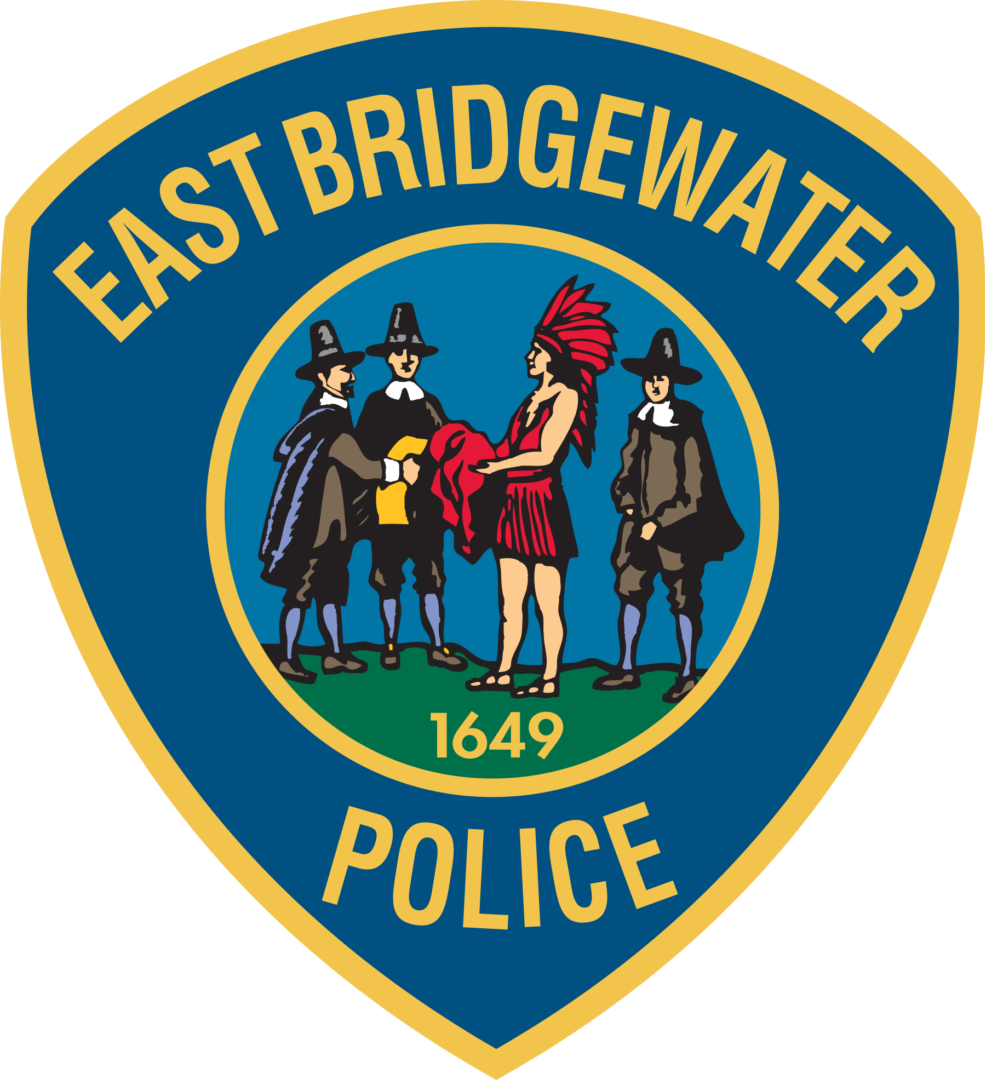EAST BRIDGEWATER — Chief Paul O’Brien and the East Bridgewater Police Department are issuing a warning to residents about a telephone scam in which the caller is capable of spoofing the phone numbers of local businesses.
Spoofing is when a person intentionally changes the phone number that appears on your Caller ID to something other than their own phone number.
The East Bridgewater Police Department has received several reports of residents receiving calls from local businesses’ phone numbers requesting their credit card numbers. This is a scam call. Local businesses will never call asking for personal information, such as bank account information, if you haven’t purchased a service or item from the business.
Chief O’Brien warns that residents should NEVER give personal information, social security numbers or credit card numbers to people who call their homes or cell phones unsolicited.
Common telephones scams that target residents — specifically seniors — include:
- IRS Impostors: Callers contact you demanding immediate payment for back taxes.
- Arrested Relative: Scammers contact you claiming that a friend or relative has been arrested and needs bail money.
- Kidnapped Relative: Scammers call to report a friend or relative has been kidnapped and a ransom must be paid.
- Threatened Arrest: Scammers call to tell you that you are subject to arrest (by a variety of different agencies: U.S. Marshals, FBI, etc.) and must pay to avoid arrest.
- Utility Scam: Scammers pose as bill collectors from utility companies and threaten to shut off service if you do not pay.
- Sweepstakes: Someone calls to notify you that you have won a contest or sweepstakes and must send money to collect any winnings.
- Tech Support/Malware: Someone contacts you claiming your computer needs repairs and to send money for service or asks to connect to your computer. Additionally, a pop-up can appear on your computer, stating that it is infected with malware, and to call a number to pay to remove the virus.
In many of these calls, the scammer demands payment via electronic money order or pre-paid debit card. This should be an immediate red flag. No legitimate vendor will ever demand money via these means. Sending money via money order or pre-paid debit card is as good as sending cash, and if money is sent to a criminal, it is gone forever and cannot be recovered.
The Federal Communications Commission (FCC) has several tips for residents looking to protect themselves from falling victim to a phone scam:
- Let calls from unknown phone numbers go to voicemail. Do not answer.
- If a caller claims to represent a company, like Google or Apple, hang up. Call the company, and verify if that individual was actually who they were claiming to be. Be sure to call the correct phone number by going to the organization’s website or looking at a recent bill from that organization.
- Know that even “local” numbers on caller ID may not be from a local caller.
- Never pay for a service with a gift card. Legitimate companies and organizations will not ask you to pay for any service with a gift card.
- Report scam calls with the FCC Consumer Complaint Center by visiting consumercomplaints.fcc.gov/hc/en-us.
- Report any money lost to a scam call to local police.
- Check to see if your phone company has a service that will block robocalls.
- Consider adding your telephone numbers to the National Do Not Call Registry www.donotcall.gov/. Law abiding telemarketers will not call phone numbers once they are added to the list.
If anyone has any questions or feels that they have been victimized, they are encouraged to call the East Bridgewater Police Department at 508-378-7223.
###
